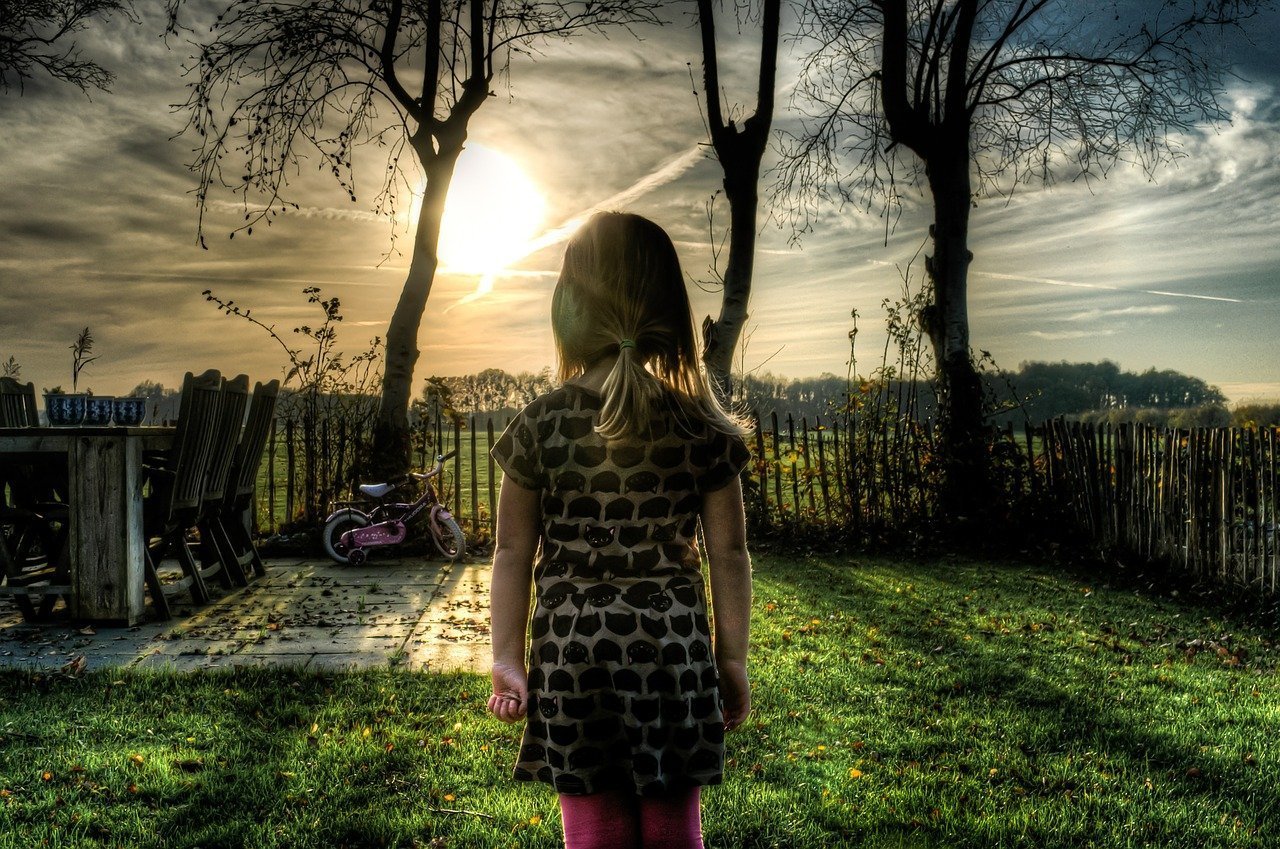[ad_1]
Summary: Young persons are extra inclined to pleading responsible to a criminal offense, regardless that they’re harmless. Researchers say the variations in kids’s brains which have an effect on their sensitivity to reward and punishment, and variations in data processing could possibly be elements as to why they’re extra doubtless to plead responsible.
Source: University of Exeter
Young folks want extra assist and safety within the felony justice system as a result of they’re extra inclined to pleading responsible when harmless, a brand new examine argues.
The examine says variations in kids’s brains, which have an effect on their sensitivity to pressure and rewards, and variations in the best way they course of data, make it extra doubtless they may admit to crimes they didn’t commit when incentivized to accomplish that.
These developmental vulnerabilities imply solicitors and barristers ought to get additional assist to assist them higher assist younger folks deciding whether or not to admit guilt.
Dr Rebecca Helm, from the University of Exeter, who led the analysis, revealed within the Journal of Law and Society, stated: “The felony justice system depends virtually completely on the autonomy of defendants, somewhat than accuracy, when justifying convictions by way of responsible plea. But kids don’t essentially have the capability to make really autonomous selections on this context, the place they face quite a lot of actually compelling pressures.
“Children are doubtless to misunderstand data, not admit they don’t perceive and agree with statements, or succumb to pressure from others and the system. They could also be not sure whether or not they have dedicated a authorized offence, or whether or not there’s a defence they’ll depend on.
“The incentives supplied to encourage responsible pleas, and time pressures related to them, are doubtless to work together with developmental vulnerabilities in kids to create an setting through which harmless kids are systematically pleading responsible.”
In England and Wales, nearly all of defendants plead responsible somewhat than contest their guilt at trial. In 2019, 61 % of kid defendants within the Crown Court pleaded responsible (with 58 % pleading responsible at their first listening to), and 47 % of kid defendants within the Youth Court pleaded responsible at their first listening to.

Children who enter a responsible plea on the earliest attainable alternative to accomplish that can get a discount of their sentence of up to a 3rd in contrast to what they’d obtain if convicted at trial, or obtain a referral order or a youth rehabilitation order after they would face a custodial sentence at trial.
The examine says that these reductions usually are not applicable in kids and have the potential to create pressures to plead. It can be higher to award tailor-made reductions to kids based mostly on much less prescriptive tips and particular person case circumstances, together with defendant age.
Dr Helm stated: “We now have a fairly good understanding of decision-making in children, and how it differs from decision-making in adults. It is therefore not appropriate to continue to put children accused of criminal offences in situations where it is predictable that they will ‘admit’ guilt even when innocent, and then punish them as if they are guilty. Ensuring children have appropriate and tailored protection when deciding whether to plead guilty is really important.”
About this neurodevelopment analysis information
Source: University of Exeter
Contact: Press Office – University of Exeter
Image: The picture is within the public area
Original Research: Open entry.
“Guilty pleas in children: legitimacy, vulnerability, and the need for increased protection” by Rebecca Ok. Helm. Journal of Law and Society
Abstract
See additionally

Guilty pleas in kids: legitimacy, vulnerability, and the necessity for elevated safety
This article assesses the extent to which present responsible plea process is according to legitimations of felony convictions, with a give attention to choice making in baby defendants.
I argue that within the context of plea selections in kids, the felony justice system should make sure that defendants make selections that lead to correct convictions which are reached in a good method that respects rights.
The present system doesn’t do that due to an virtually unique give attention to autonomy. This focus is probably going to be main to illegitimate convictions, most significantly kids pleading responsible when harmless.
Drawing on psychological concept, I develop a mannequin of responsible plea choice making and draw on this mannequin to determine related vulnerabilities of kid defendants.
Based on this evaluation, I determine methods through which present process in England and Wales could also be main to systematic issues with the legitimacy of convictions of kids, and counsel reforms to improve such legitimacy.
These reform options give attention to England and Wales however have implications for plea programs all over the world.
[ad_2]